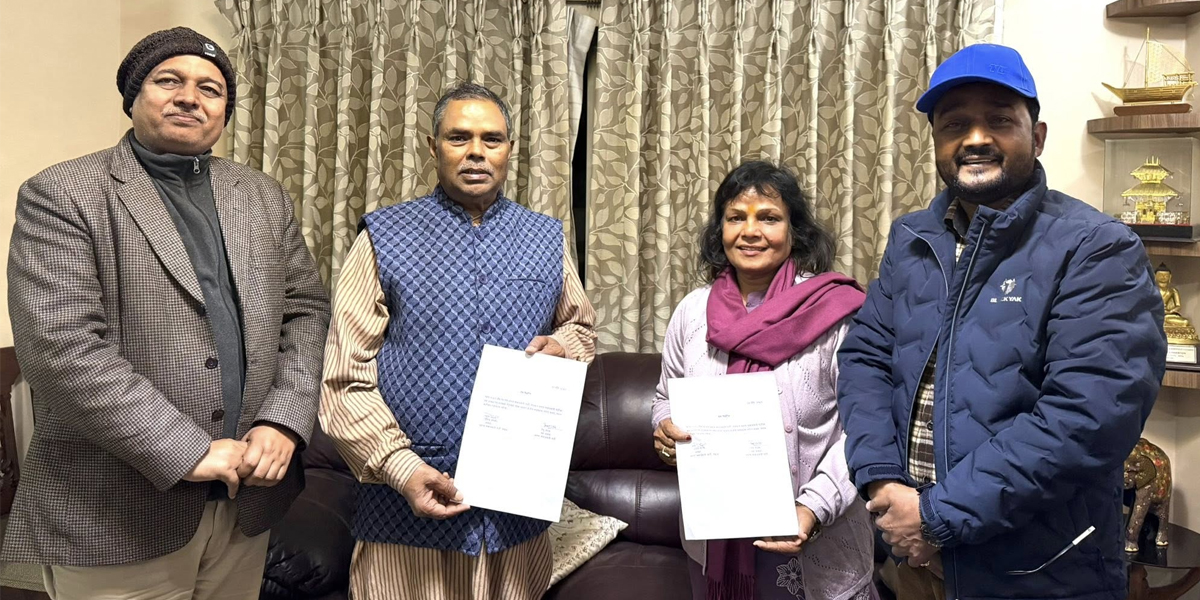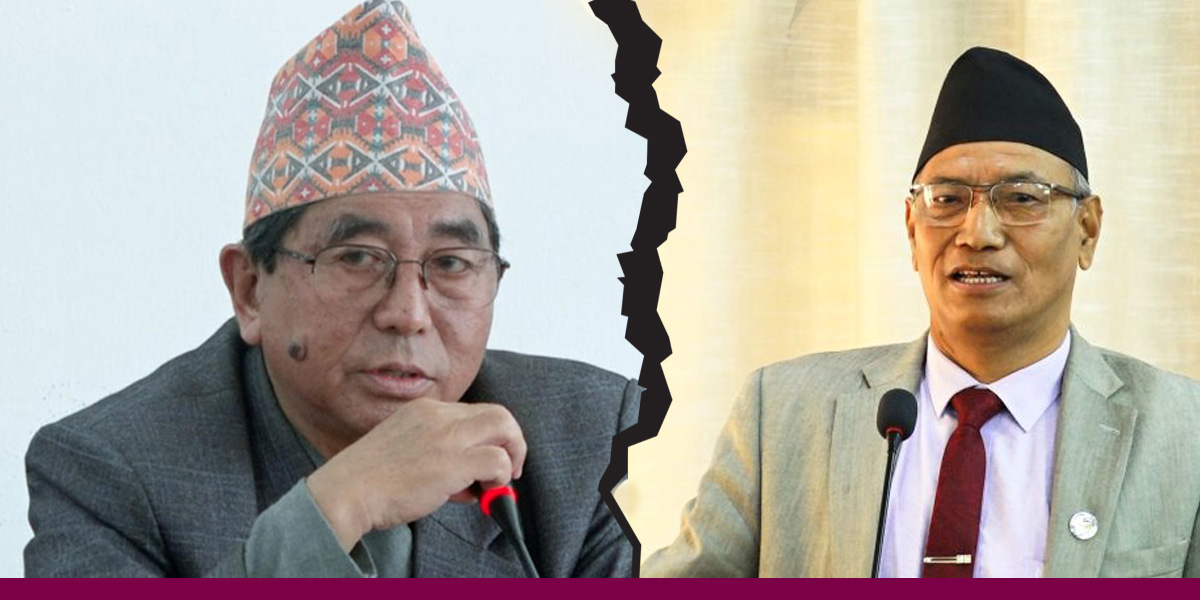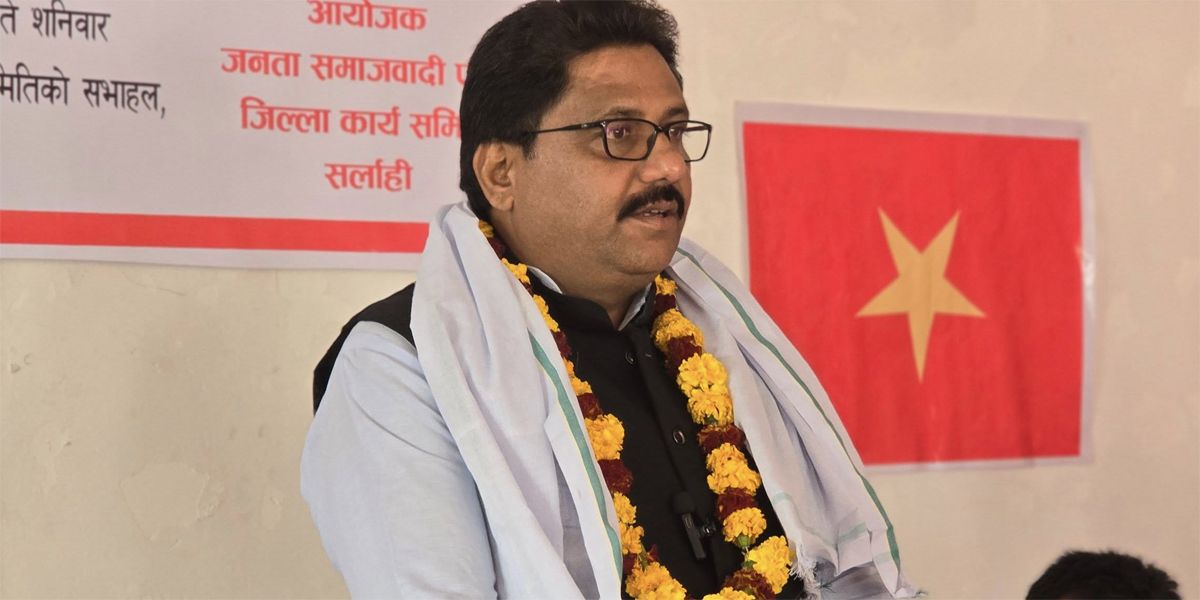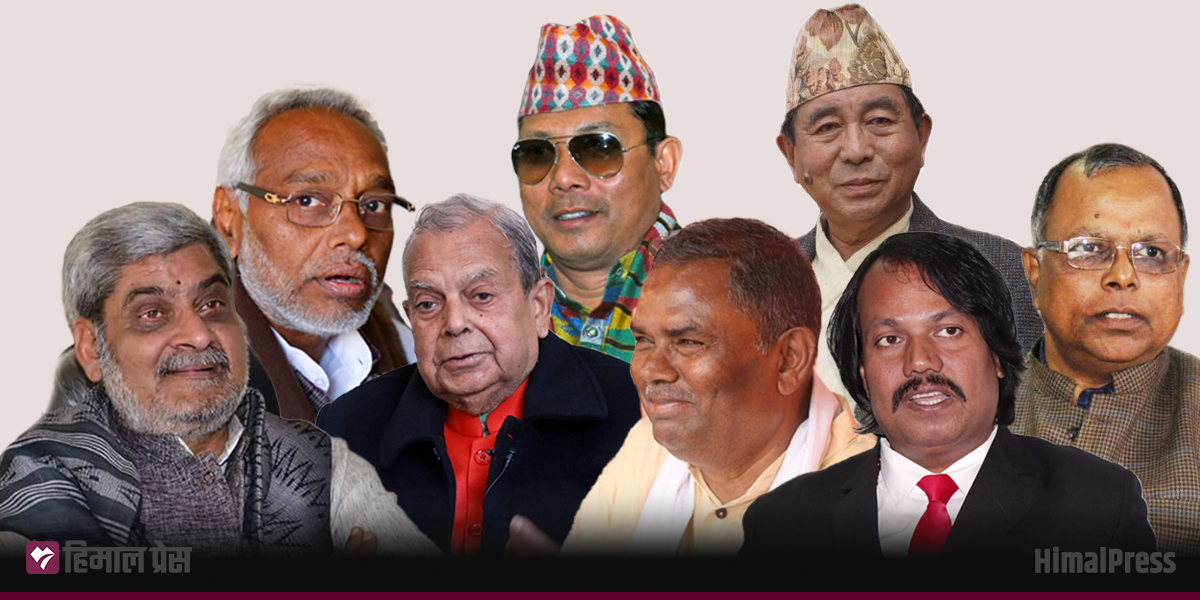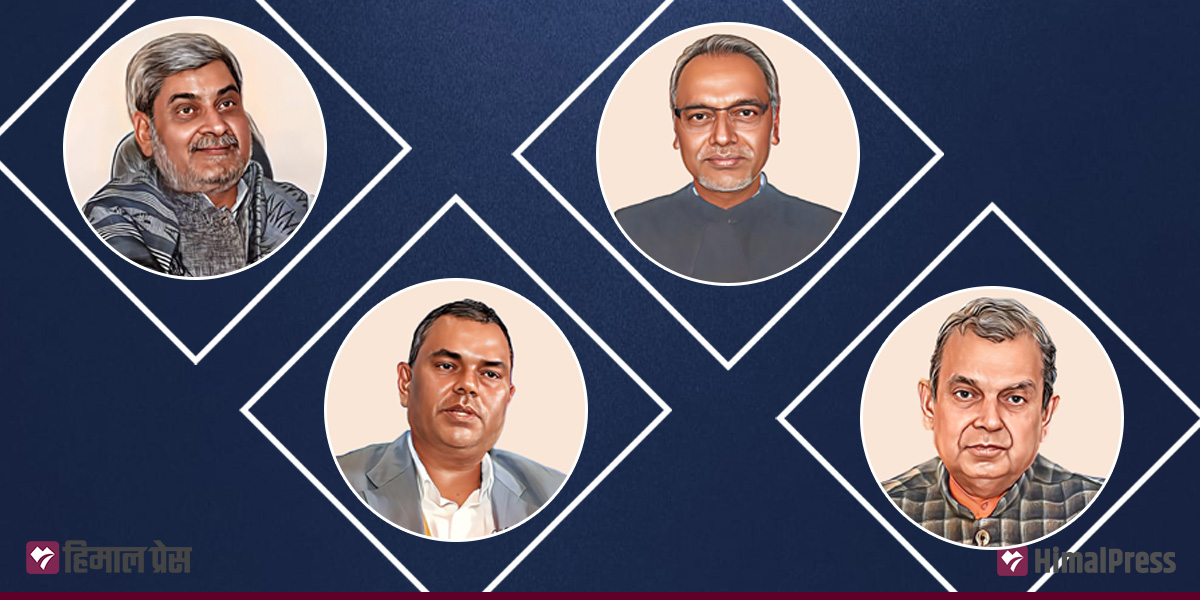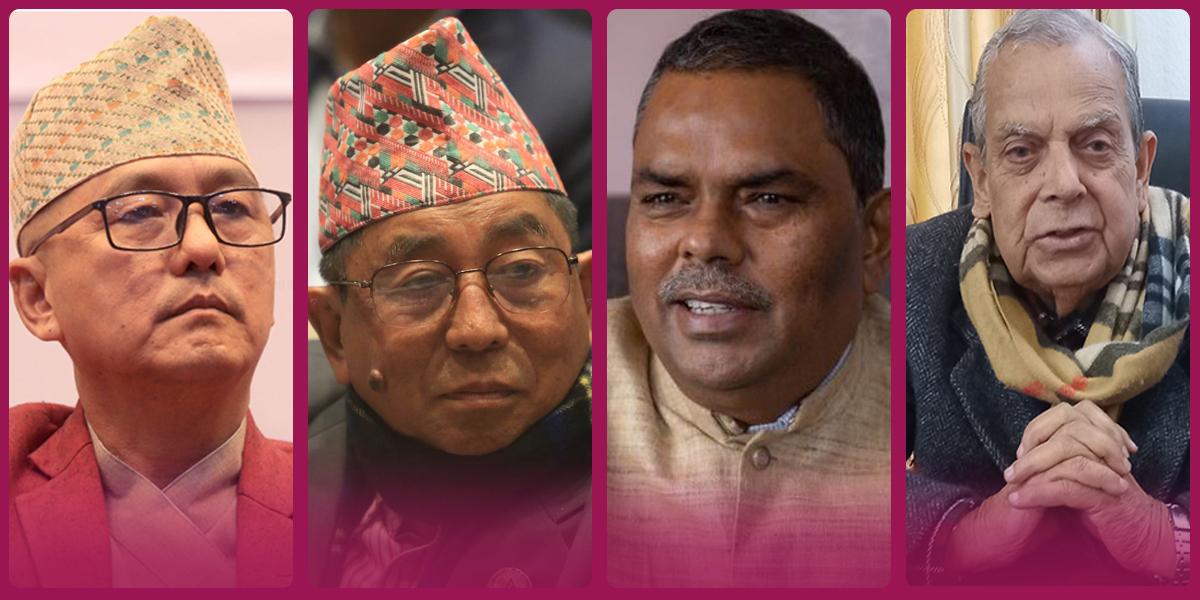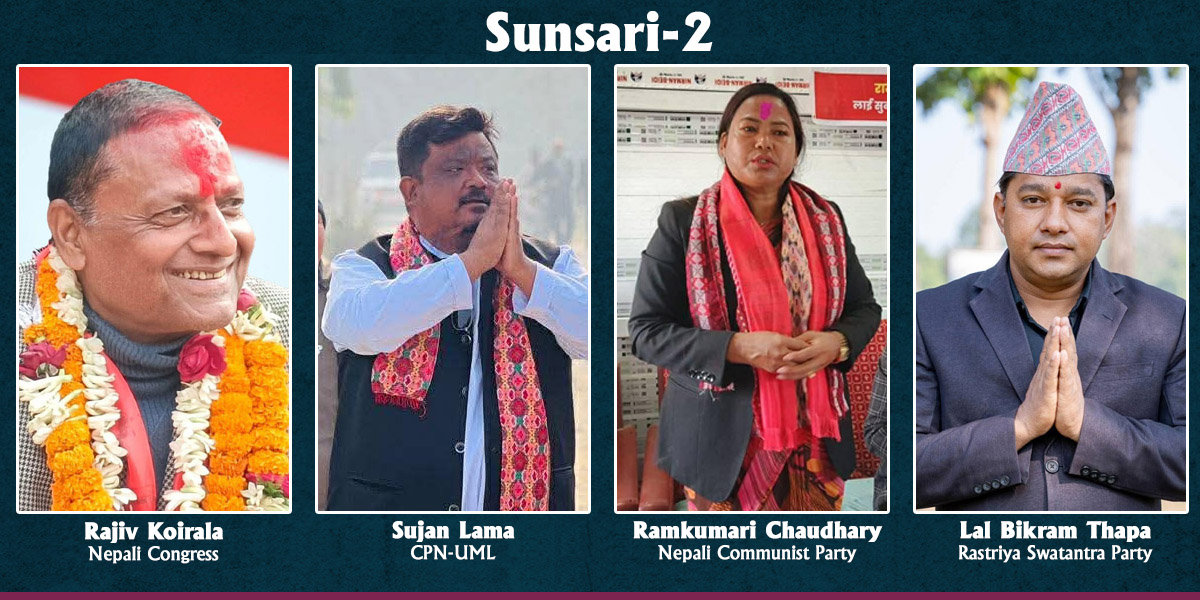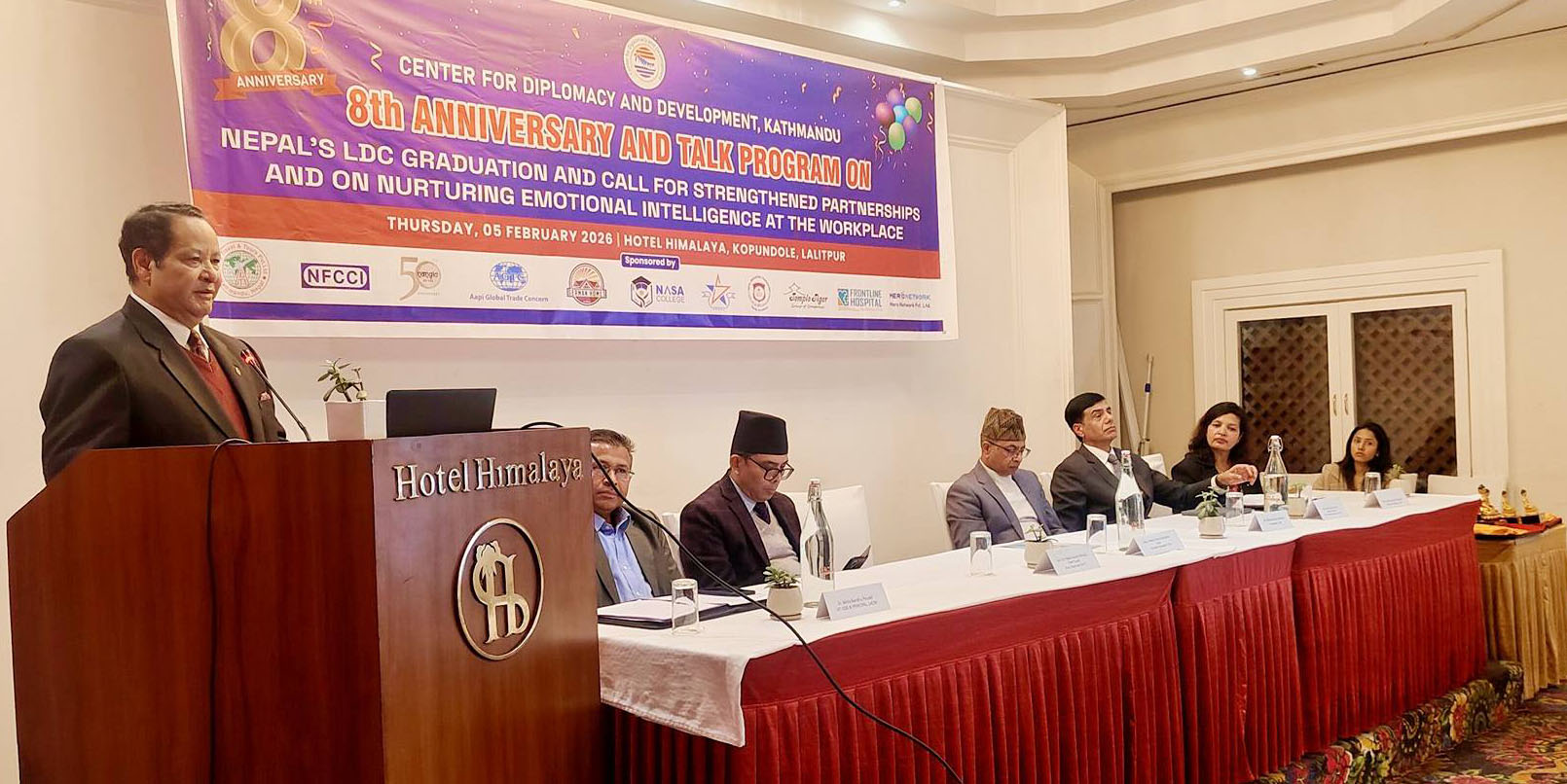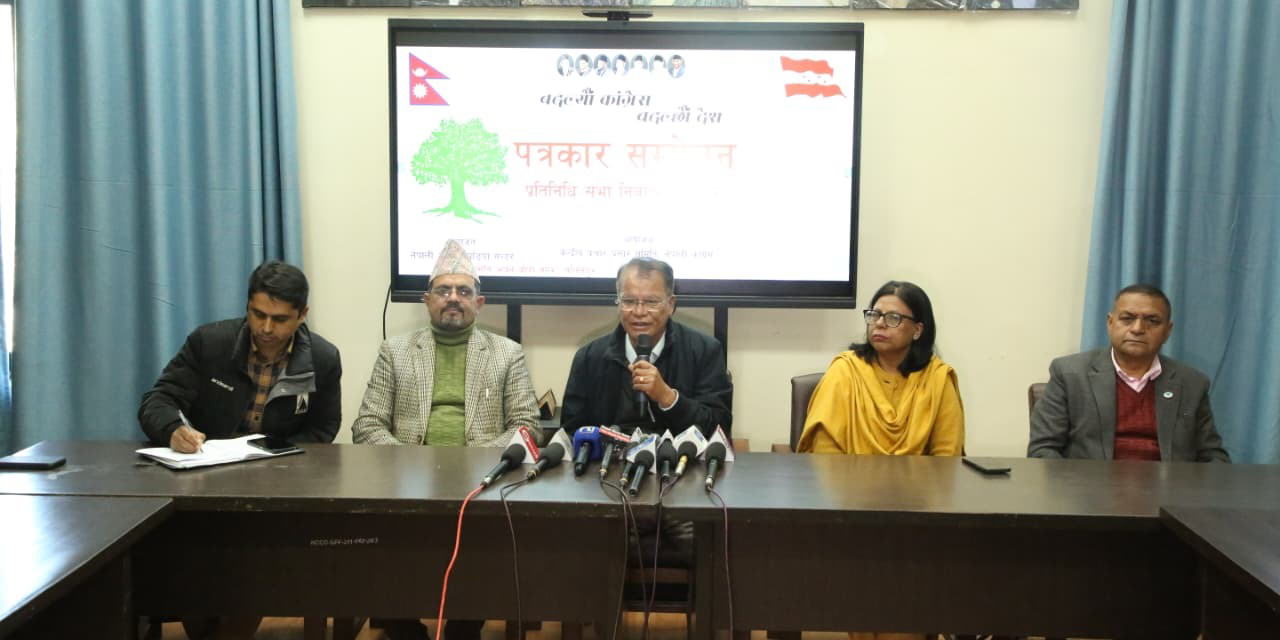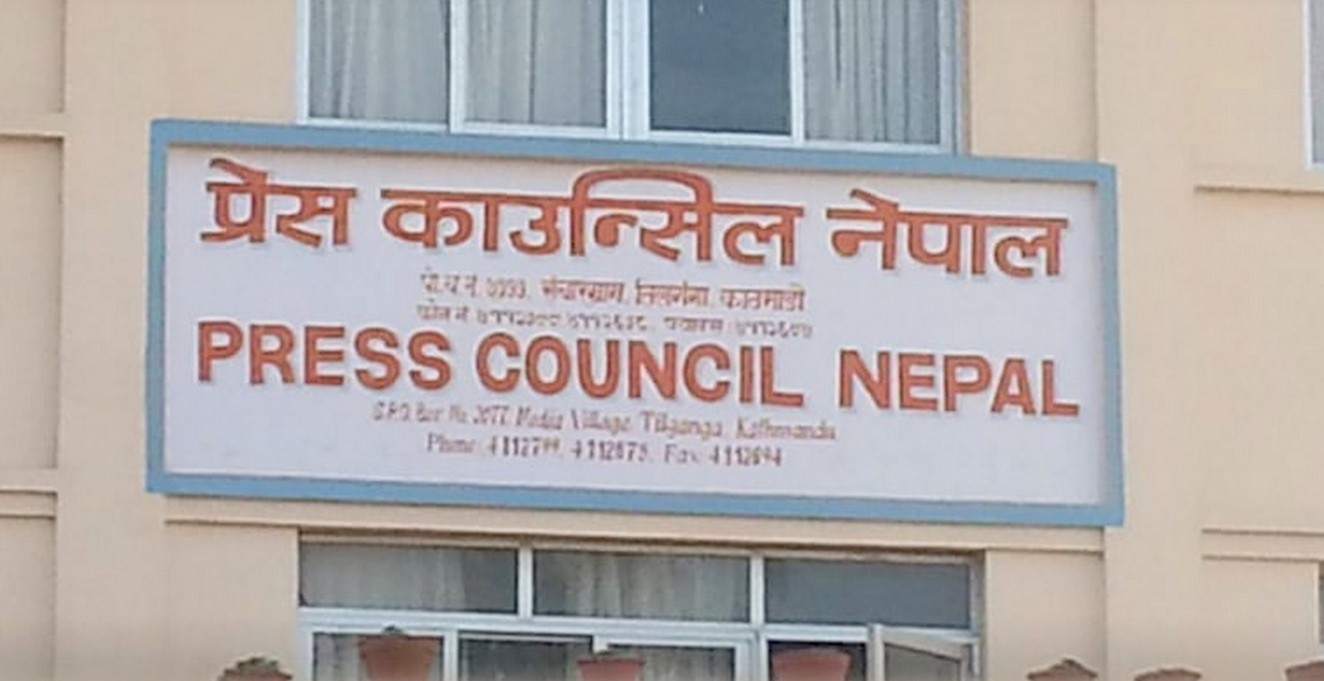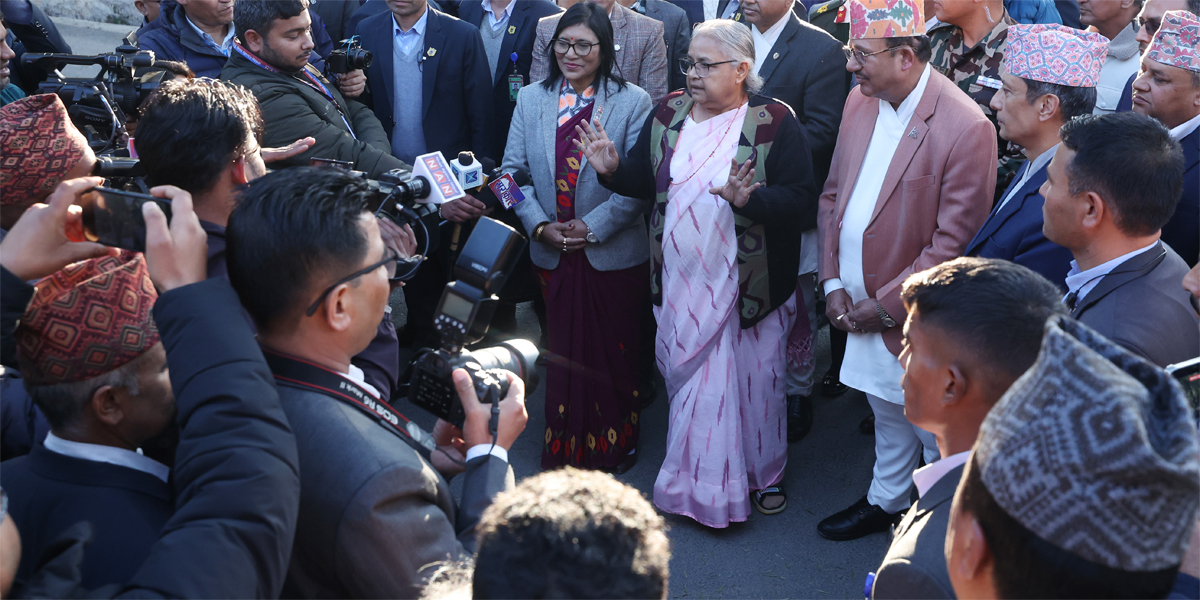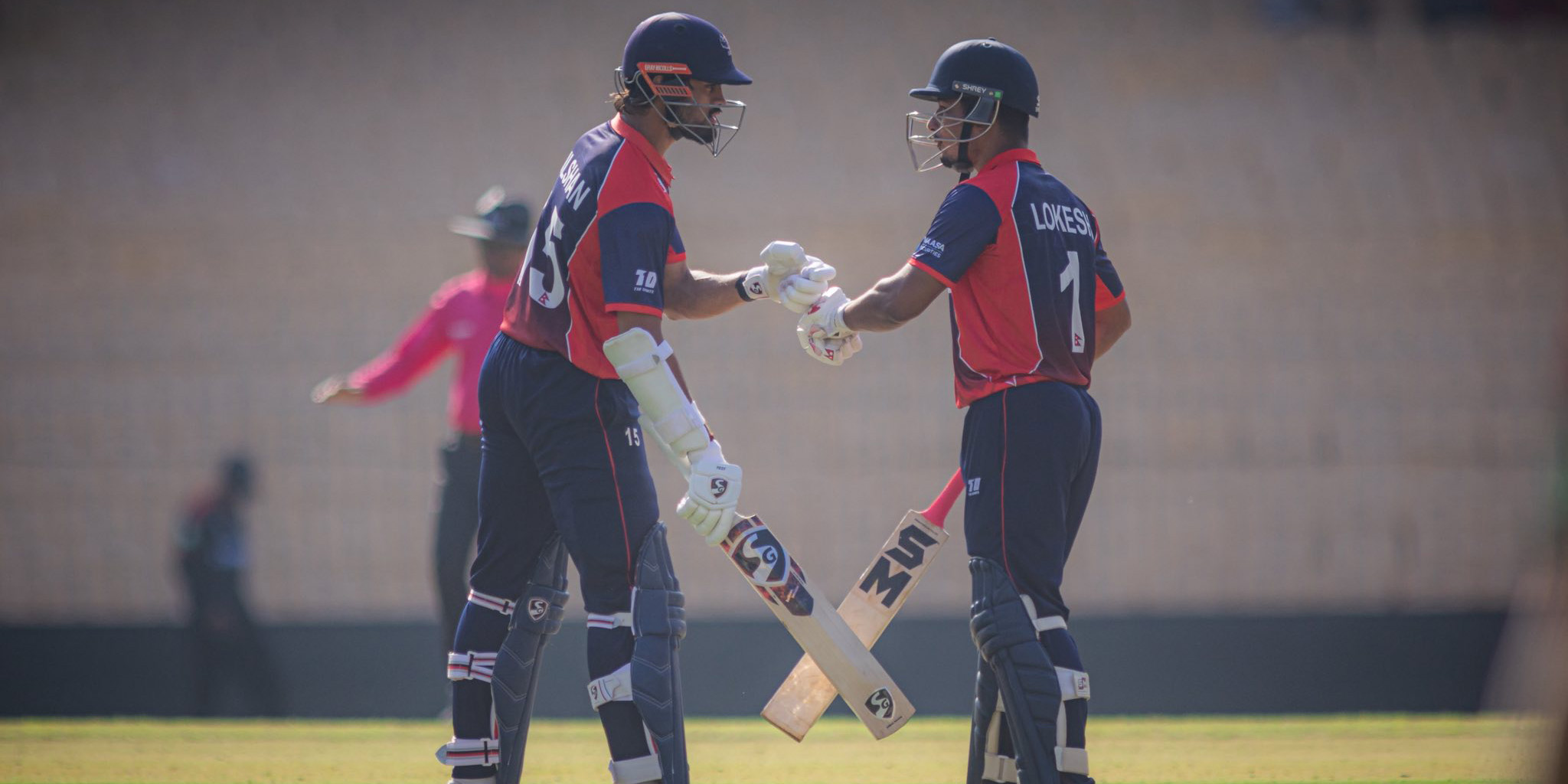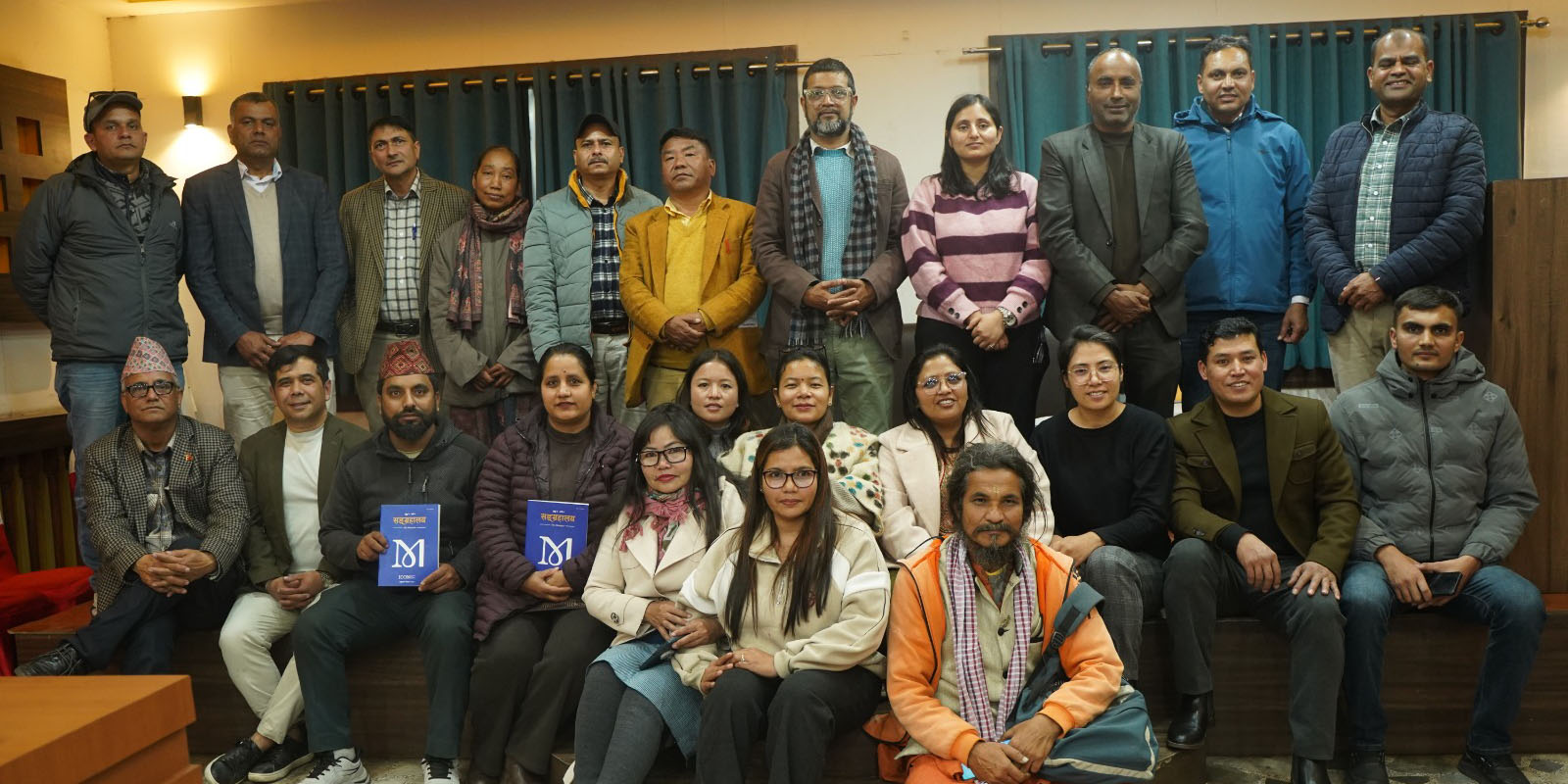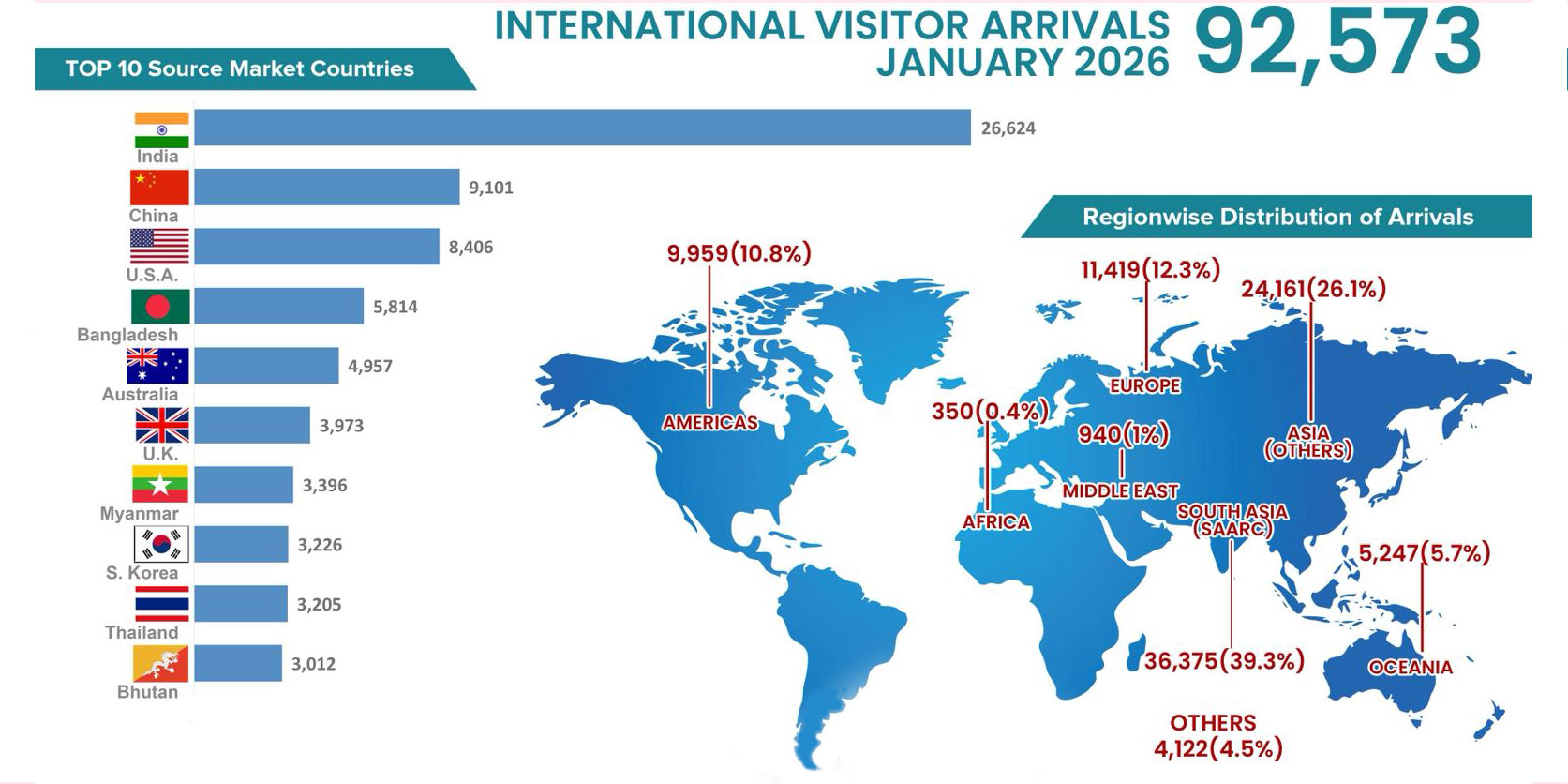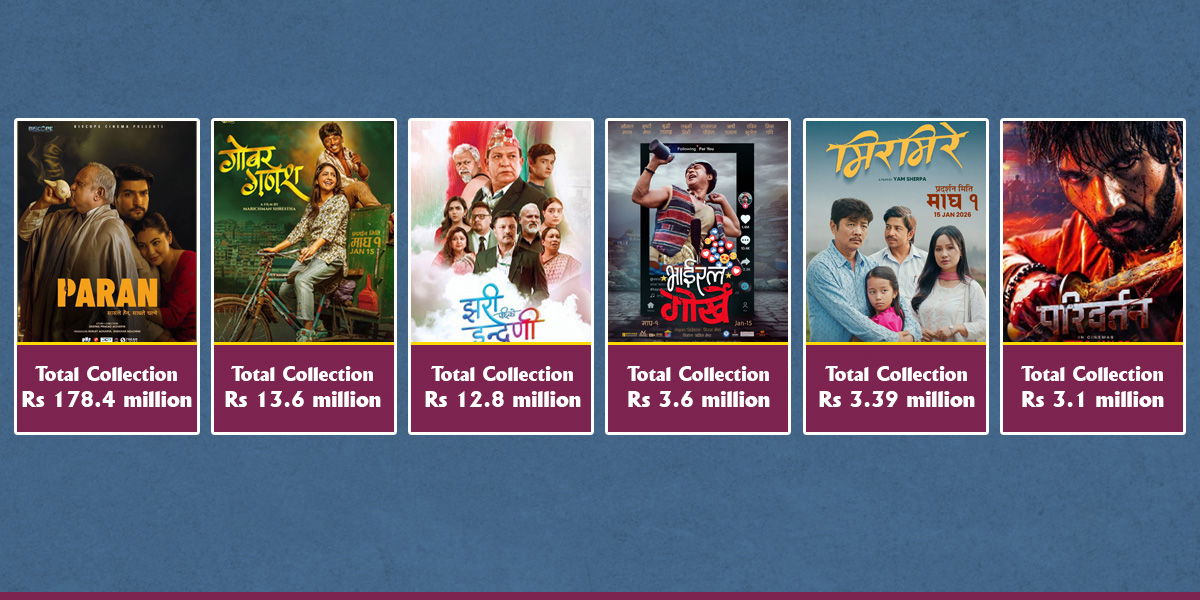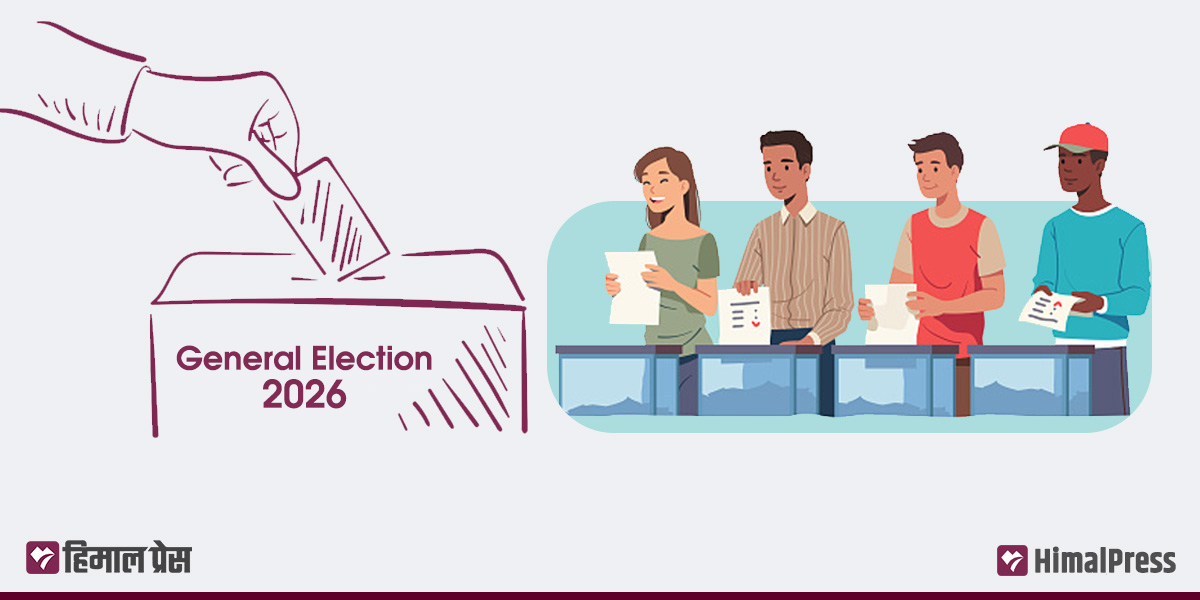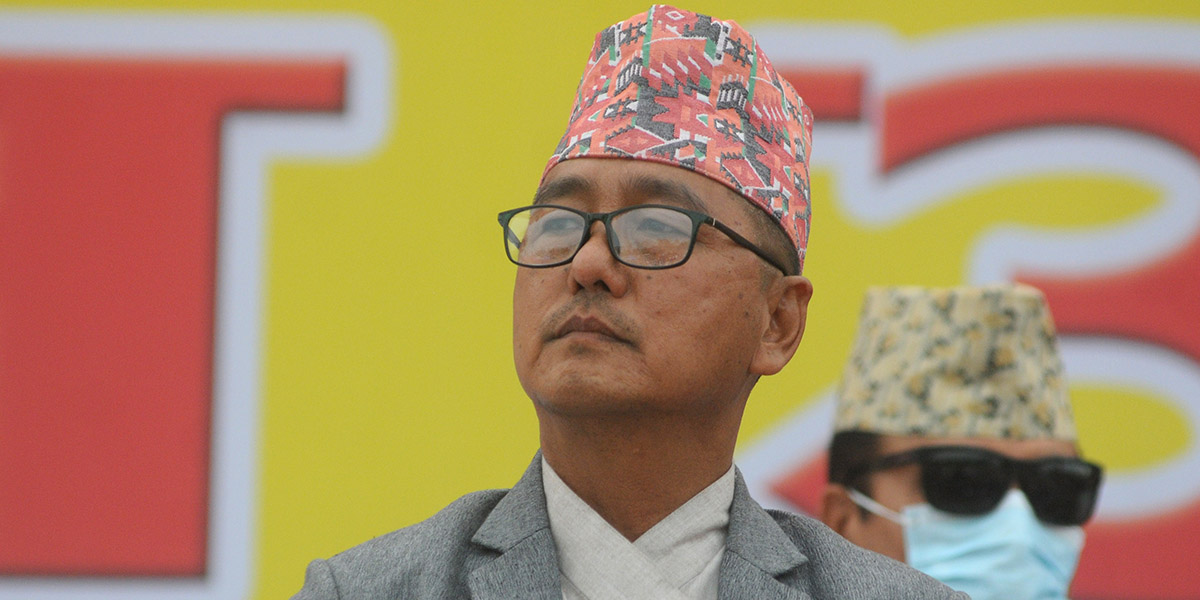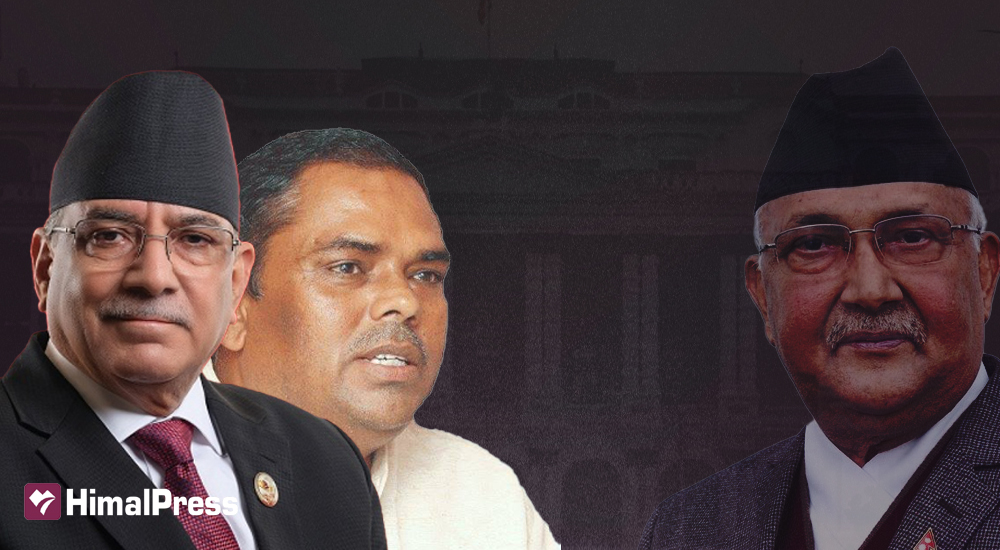
KATHMANDU: While discussions are underway to form the new government, Janata Samajwadi Party (JSP) has surprised many by saying that the electoral alliance with CPN-UML has ended.
JSP, which had joined hands with the UML after it couldn’t get expected seats from the five-party coalition, has ditched UML after seeing no possibility of the party forming the government.
By announcing that the partnership with UML has ended, JSP Chairman Upendra Yadav is trying to get closer to the ruling coalition which is almost certain to form the next government.
Talking to Himal Press, Yadav confirmed that JSP has decided to part ways with UML. “We had formed an alliance with the UML in a few seats. The course of cooperation ended with the election,” he added. Yadav said the party hasn’t taken any decision on government formation yet. He, however, maintained that the party will take the same approach for the formation of government at the center and in provinces.
Yadav was defeated in the November 20 polls in the Saptari-2 constituency by Dr CK Raut of the Janamat Party. His party, however, has won seven seats under the first past the post (FPTP) system. JSP is estimated to win five seats under the proportional representation (PR) system. Realizing that JSP’s 12 seats could be crucial for the formation of government for the ruling coalition, Yadav severed ties with UML and decided to wait for the opportunity.
Guided by the greed for power, CPN (Maoist Center) on Sunday said it has kept all doors open for government formation. “We haven’t decided to left the coalition. But we have decided to keep all options open,” Maoist Center’s Spokesperson Krishna Bahadur Mahara said.
Mahara’s statement has been refuted by the party though. “The party hasn’t held any discussion on government formation and the options,” Maoist Center General Secretary Dev Prasad Gurung said.
Maoist Center has been demanding that it should be allowed to lead the government first. Many say the Maoist Center could join hands with the UML if NC is not willing to allow Maoist to lead the government first.
The meeting of top leaders of the five-party ruling coalition that convened on Monday was expected to take some decisions on power-sharing and government formation. It reviewed the election but didn’t take any concrete decision on power-sharing.
The election results have paved the way for the NC to form the government. But second-placed CPN-UML is also studying the prospects of forming the next government. Though UML is said to be preparing to bring Maoist Center and other parties on board, it hasn’t made its official statement public yet.
The five-party coalition had formed electoral alliances in all constituencies. While NC won 57 seats, Maoist Center, Unified Socialist, Loktanrik Samajbadi Party and Rastriya Jana Morcha won 18, 10, four, and one seat, respectively.
The meeting of the senior leaders convened at a time when some leaders of the Maoist Center and Unified Socialist have been saying that votes didn’t transfer as expected.
The election results have paved the way for the NC to form the government. But second-placed CPN-UML is also studying the prospects of forming the next government. Though UML is said to be preparing to bring Maoist Center and other parties on board, it hasn’t made its official statement public yet.
UML’s central committee member Bishnu Rijal said the UML won’t stake its claim on government formation in the present scenario. “NC and UML cannot form the government as the country needs a strong opposition. Also, we cannot offer government leadership to a certain party that is trying to form the government together with NC,” Rijal added.
People’s opinion and message
Only seven political parties will cross the 3% threshold to be eligible for representation in the parliament under the proportional representation (PR) system. This means the 110 PR seats will be distributed among these seven parties.
Rastriya Prajatantra Party (RPP) is getting national party status again, while newcomers Rastriya Swatantra Party and Janamat Party are becoming national parties in just their first election.
Their rise is the other parties’ loss. NC, UML and JSP have seen their PR votes come down significantly. LSP, on the other hand, lost its national party status. Unified Socialist is on the verge of losing the race to meet the 3% threshold. Both these two parties have leaders having great responsibility in national politics. But they won’t have much say in the parliament this time.
The attraction towards new parties and independent candidates shows people are not satisfied with the traditional power in Nepali politics. Though NC has managed to increase the number of seats compared to the 2017 election, all other parties have failed. Traditional parties have suffered a big loss in Kathmandu Valley which is the home to educated and politically-aware people.
The clear message of the emergence of new candidates by defeating incumbent ministers is that parties have no alternative, but to correct themselves. The first step in this direction could be making representation through the PR system more inclusive.
Likewise, people have made their wish to see new forces like Rastriya Swatantra Party, Janamat Party and Nagarik Unmukti Party as well as the Rastriya Prajatantra Party in key roles. Therefore, the largest or the second largest party in the parliament can form the government by joining hands with them.

 Himal Press
Himal Press 